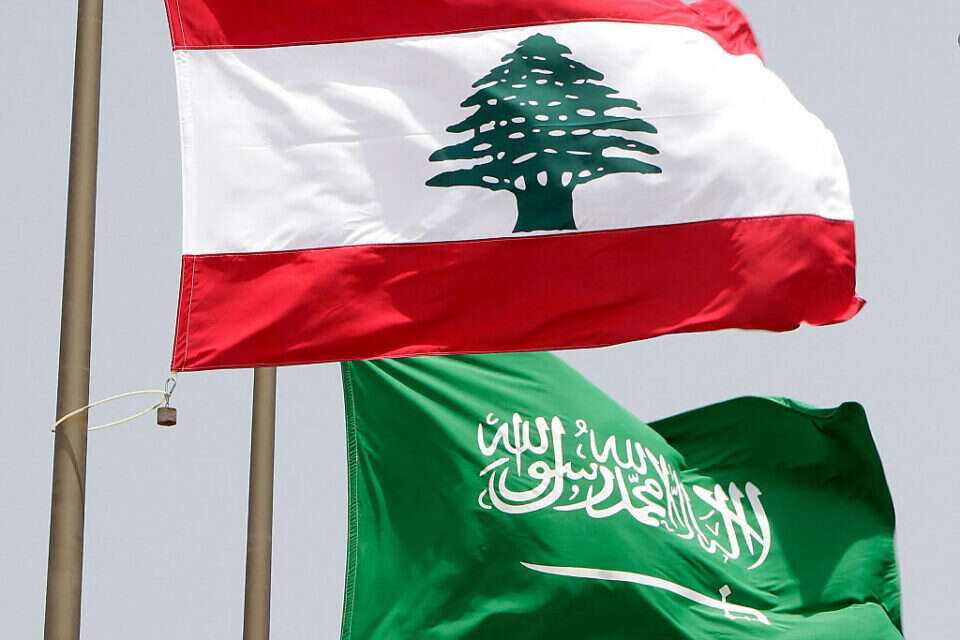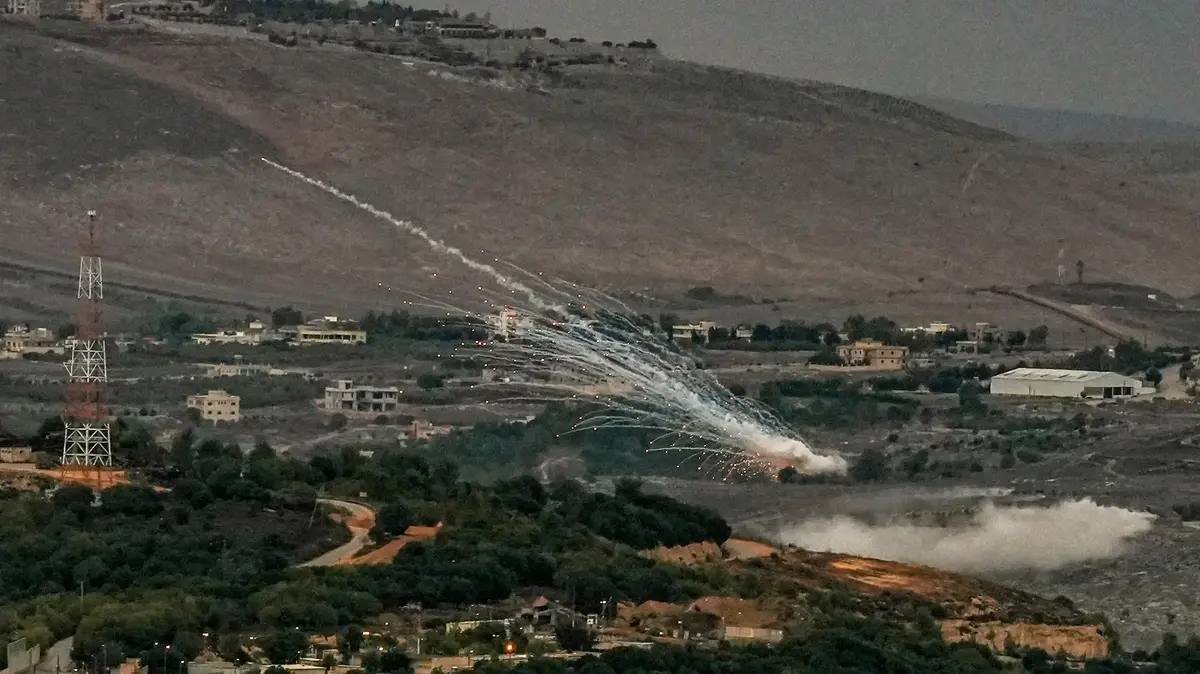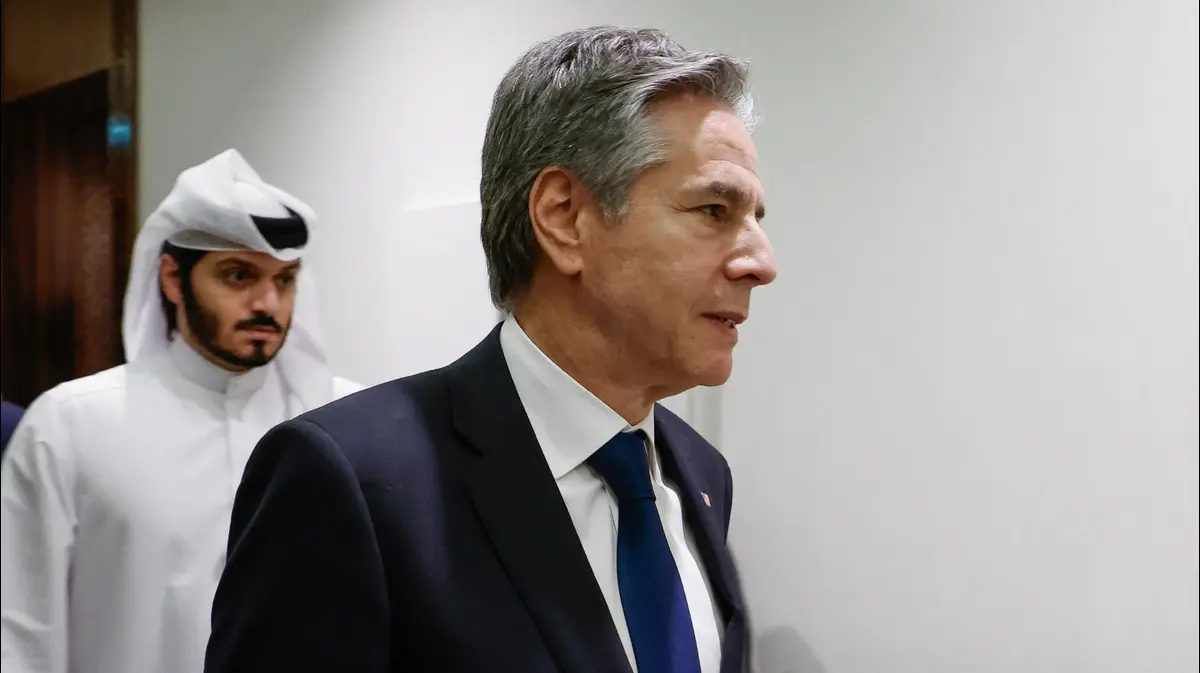Tensions between Lebanon and the Persian Gulf states, led by Saudi Arabia, are growing at an unprecedented rate.
The background to this is the offensive words of Lebanese Information Minister George Karadhi, according to which the Iranian-backed Houthis in Yemen are in fact defending themselves against the aggression of Saudi Arabia and the Emirates.
Although the words were recorded in al-Jazeera before his appointment as a minister in Mikati's new Lebanese government, they were broadcast after the appointment and provoked Saudi outrage over what was perceived as good spoons by Lebanon.
Saudi Arabia's response is sharp and disproportionate and shows that its crisis with Lebanon is greater than just a response to the minister's remarks.
Saudi Arabia sees the source of Lebanon's problems with Hezbollah, which is destroying every good part.
In a surprising response, the Saudis expelled the Lebanese ambassador, called for consultation with their ambassador to Lebanon and stopped all imports from the land of cedars.
Bahrain, Kuwait and the Emirates followed suit and also called on their Lebanese ambassadors to consult again.
This is a protest move that ranks high in the ranking of protest responses in the diplomatic world.
In addition, the cessation of imports from Lebanon is a real blow that will be felt in all strata of the Lebanese people.
Saudi Arabia struck mercilessly because it felt betrayed by a country that always supported it and helped it recover politically and economically.
But most of all she was hurt by the insult hurled at her by the Lebanese minister.
The sharp reactions from the Gulf states have directly affected the ethnic groups in Lebanon, who have reacted angrily to Minister Kardahi's remarks and called for his immediate resignation.
The group of former prime ministers - a body that is all Sunni and has considerable political influence in the anti-Hezbollah arena in Lebanon - has issued a statement saying that Karadhi has damaged Lebanon's relations with the Arab world and must go home.
Former Prime Minister Saad al-Hariri has angrily stated that Lebanon is living in hell because of the Iranian agenda and because of Hezbollah.
Druze leader Junblatt called on Prime Minister Mikati to oust Karadhi, rather than wait for him to resign.
Karadhi refuses to resign for the time being.
He is considered an icon in the Arab media world, and perhaps because of this he feels immune to the demands for his removal.
There is a possibility that if he is ousted, Mikati's government will fall and Beirut will enter a political spin, which has just emerged from it.
The forces that may lead to a solution to the crisis, such as the president, the prime minister and the Christian camp, are currently maintaining an unexplained low profile.
Moreover, there is a sense that the United States is responding lukewarmly to Saudi Arabia's anger and contenting itself with imposing sanctions on Lebanese figures associated with Hezbollah.
Iran understands that Lebanon has not yet established a cohesive political force strong enough to stop its hegemonic ambitions there.
Even if Karadhi resigns, it seems that the cloud over Lebanon's head will not be lifted quickly, as Saudi Arabia and the Gulf states are fighting for a radical change in Lebanon that will lead to an end to Iranian involvement and hence to the restraint of Hezbollah.
On the face of it, the US seems to be lost in the Middle East labyrinth, while Libya is fighting for its future and America is not really in the picture, and on the Palestinian issue too the White House has no real agenda or plan for action. Its enemies effectively.
Lebanon is as important to the stability of the region as Libya or Syria.
Washington must gather its friends in the region and formulate an action plan so that Lebanon moves to a state of neutrality away from regional conflicts.
And another thing in an unexpected direction, which requires quite a bit of political daring that perhaps Israel should think about: Mikati in his distress asked for the help of the countries of the region in resolving the crisis with Saudi Arabia.
It is clear that he directed his remarks to Arab countries, but could Israel be of help?
After all, it has ties with Saudi Arabia and is interested in a stable Lebanon.
Just need to dare.








